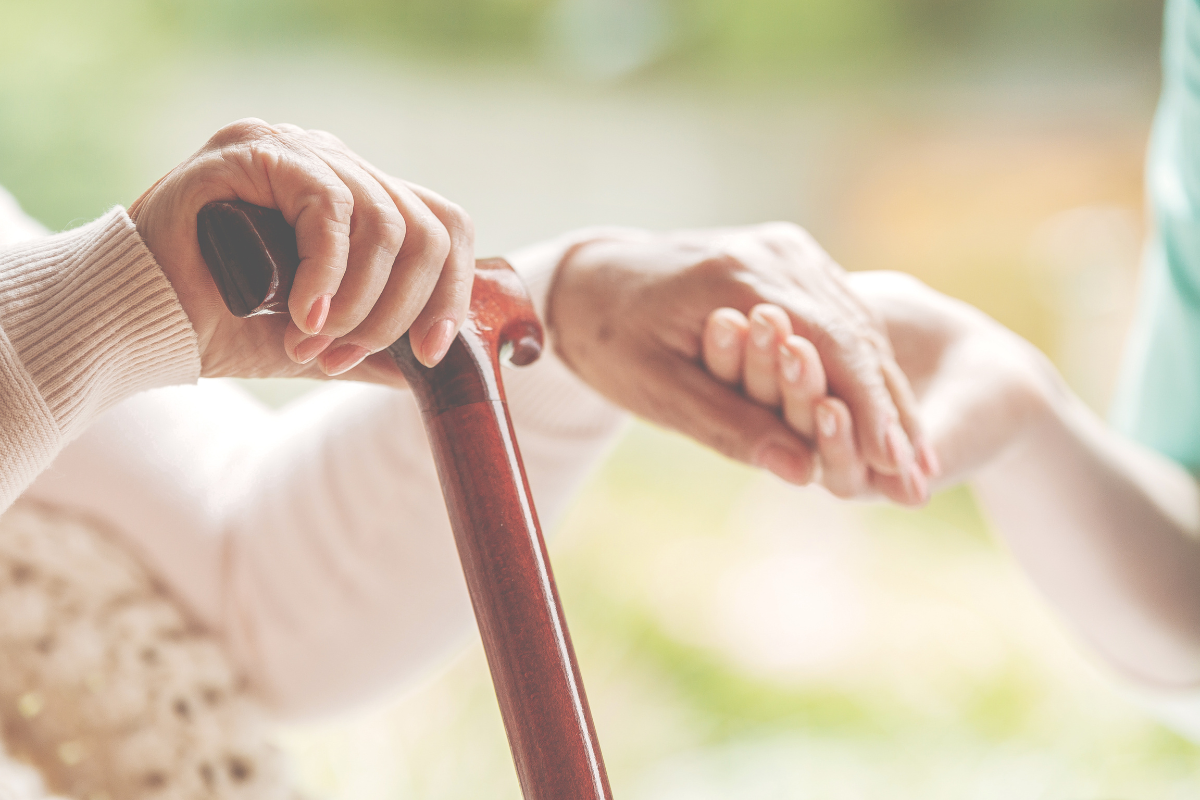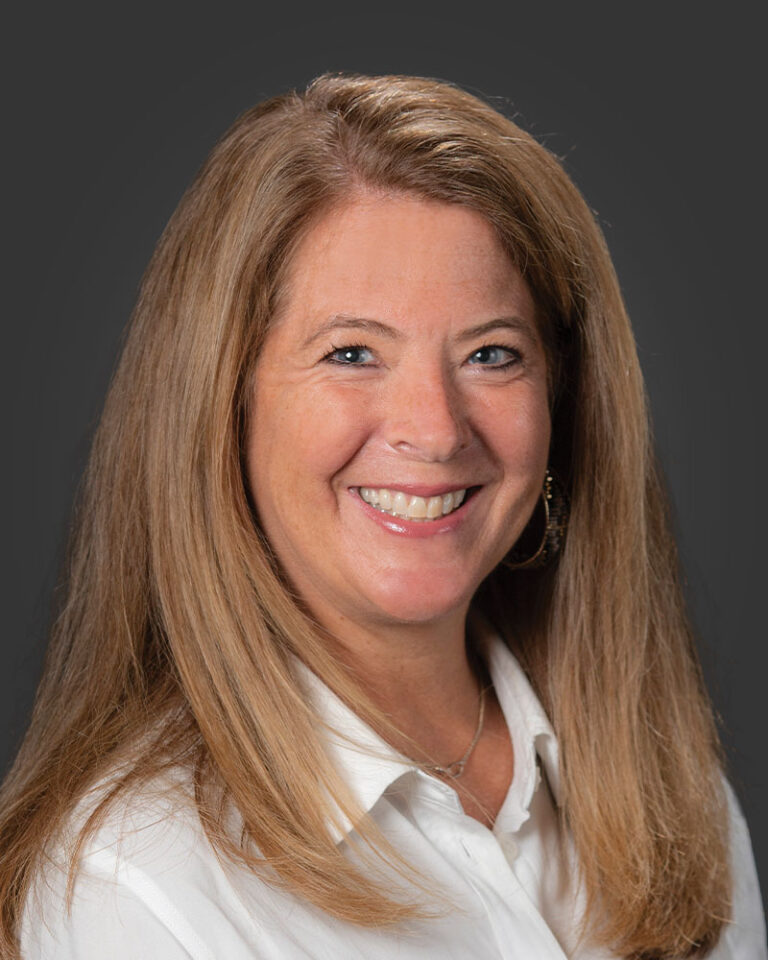
If your loved one is in a nursing home or elder care facility, you put your trust in the facility to take care of them. Unfortunately, that may not always be the case. Nursing home abuse is any type of harm that happens to residents in the facilities. This could include physical or emotional injuries, sexual assault, and financial or other types of abuse.
Nursing home abuse is more common than one might think. In 2014, according to the National Ombudsman Reporting System, 14,258 (7.6%) of approximately 188,599 complaints reported involved abuse, gross neglect, or exploitation.
Neglect of a resident and/or patient at a nursing home involves conduct by a nurse, certified nursing assistant, or another employee of the facility that falls below the standard of care. If negligent conduct causes injury or death, legal rights exist that can be pursued.
4 Types of Abuse in Nursing Homes
Abuse in a nursing home and/or assisted living facility can be categorized in several ways, including physical, psychological, or financial abuse. Physical abuse, including welts, wounds, and injuries. Psychological abuse can include psychological distress, emotional symptoms, and depression. Financial exploitation can also be a form of abuse.
When looking at nursing home negligence and abuse, there are four common types:
1. Medication Errors
A 2016 study from the American Journal of Managed Care found that medication errors were common, involving between 16-27 percent of all residents in studies of all types of medical errors, and 13-31 percent of residents in studies that examined errors related to transfers.
There are many ways medication errors can occur in nursing homes, including:
- Medication omission or underdose
- Medication overdose
- Providing expired or old medication
- Lab errors
- Providing the wrong form of mediation
Patients involved in medication errors as a result of negligence or abuse at a nursing home may be eligible for compensation for medical bills, physical, psychological, and emotional injuries.
2. Preventable Falls
Nursing homes report 100-200 patient falls per year, many of which are preventable. Ages 65 and older are four times more likely to die of a fall-related injury if they live in a nursing home, compared to those who live at home. According to the Centers for Disease Control and Prevention, 16-27 percent of nursing home falls are because of environmental hazards. Some of these hazards are:
– poor lighting
– slippery floors
– improper exit signs and more.
Failing to prevent these hazards could make the nursing home responsible if a resident gets hurt. Not receiving the proper medical treatment after a fall could make the nursing home liable for pain and injuries. Other common causes of preventable falls in nursing homes include natural aging, recent surgery, and coagulation.
If you have a loved one who falls in a nursing home, take immediate action to rectify the situation. Don’t hesitate to remove them from the facility. Document the incident with photos of the injury as well as who was there during the incident, and medical records from your doctor. Make sure you take any relevant photos or get other documentation of any causes of the preventable fall, such as spilled liquid.
3. Choking
Irreversible brain damage caused by a lack of oxygen to the brain happens after about three to four minutes. In nursing homes, residents left unsupervised can choke if they fail to chew their food the correct way or if it is not cut into small enough bites. Even if someone is next to them, an untrained or inexperienced staff member can hurt instead of helping the resident. Common causes of choking include:
- dementia
- Alzheimer’s disease
- medications
- natural aging
- poor staff hiring
- Inadequate medical treatment.
If any facility does not provide acceptable care and protection for these individuals, it may be responsible for any harm. earn more about the common causes of choking in nursing homes
4. Malnutrition & Dehydration
Malnutrition & dehydration are common problems in many nursing homes. Nursing home facilities must provide adequate care and nourishment for their residents and patients, but sometimes some nursing homes fall short of their responsibilities. The causes of malnutrition and dehydration can be:
- Medication
- Medical conditions
- Failure to provide adequate food
Should I Hire a Nursing Home Abuse Lawyer?
A nursing home is supposed to be a safe place for your loved one. When this is not the case, it can be incredibly stressful. There are deadlines for reporting nursing home abuse, which an attorney can help with. They can also help gather evidence and medical records. Hiring an experienced nursing home abuse and neglect lawyer can help relieve some of that stress. Contact our team of attorneys today.

Attorney Benjamin S. Wagner
